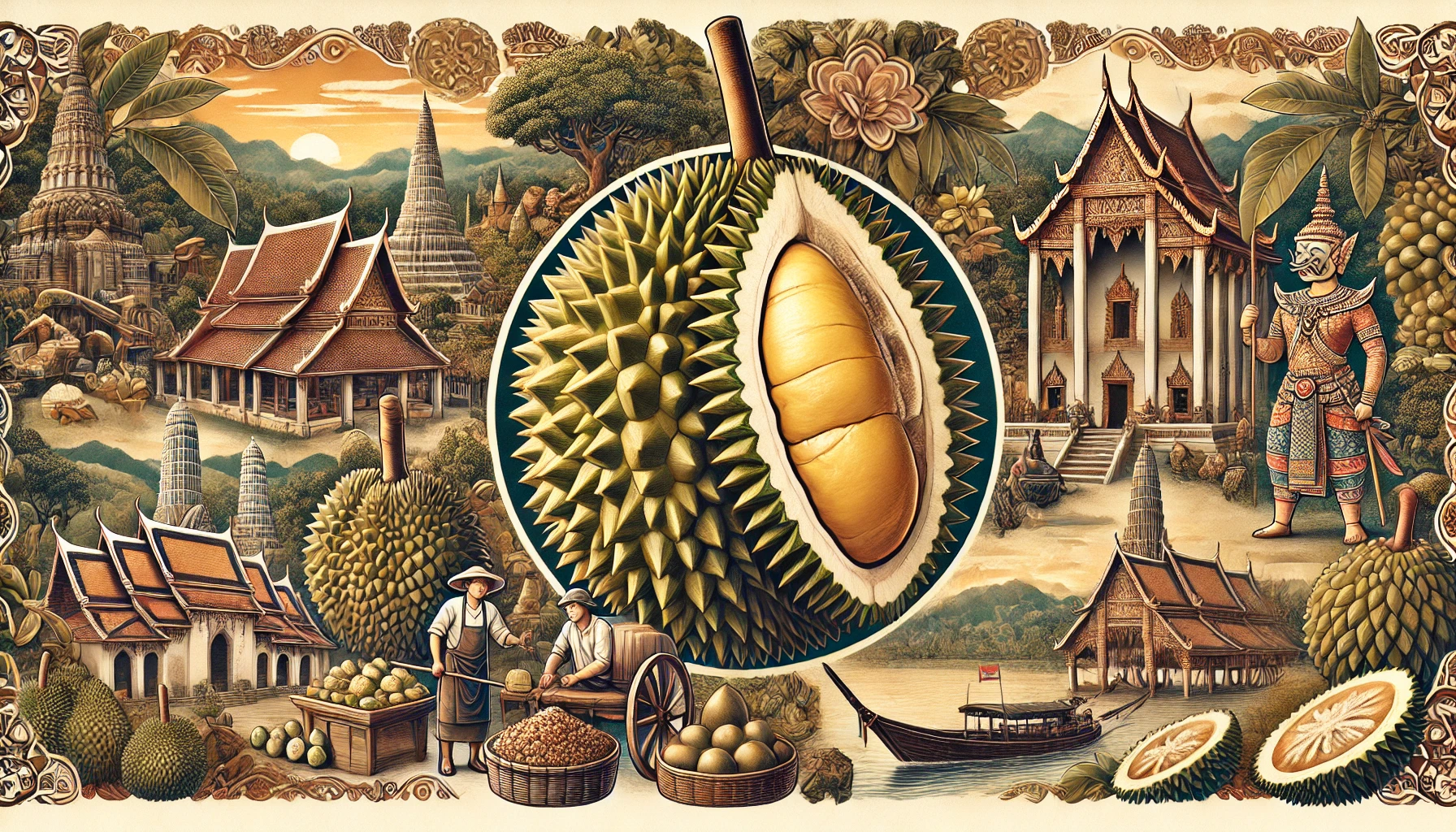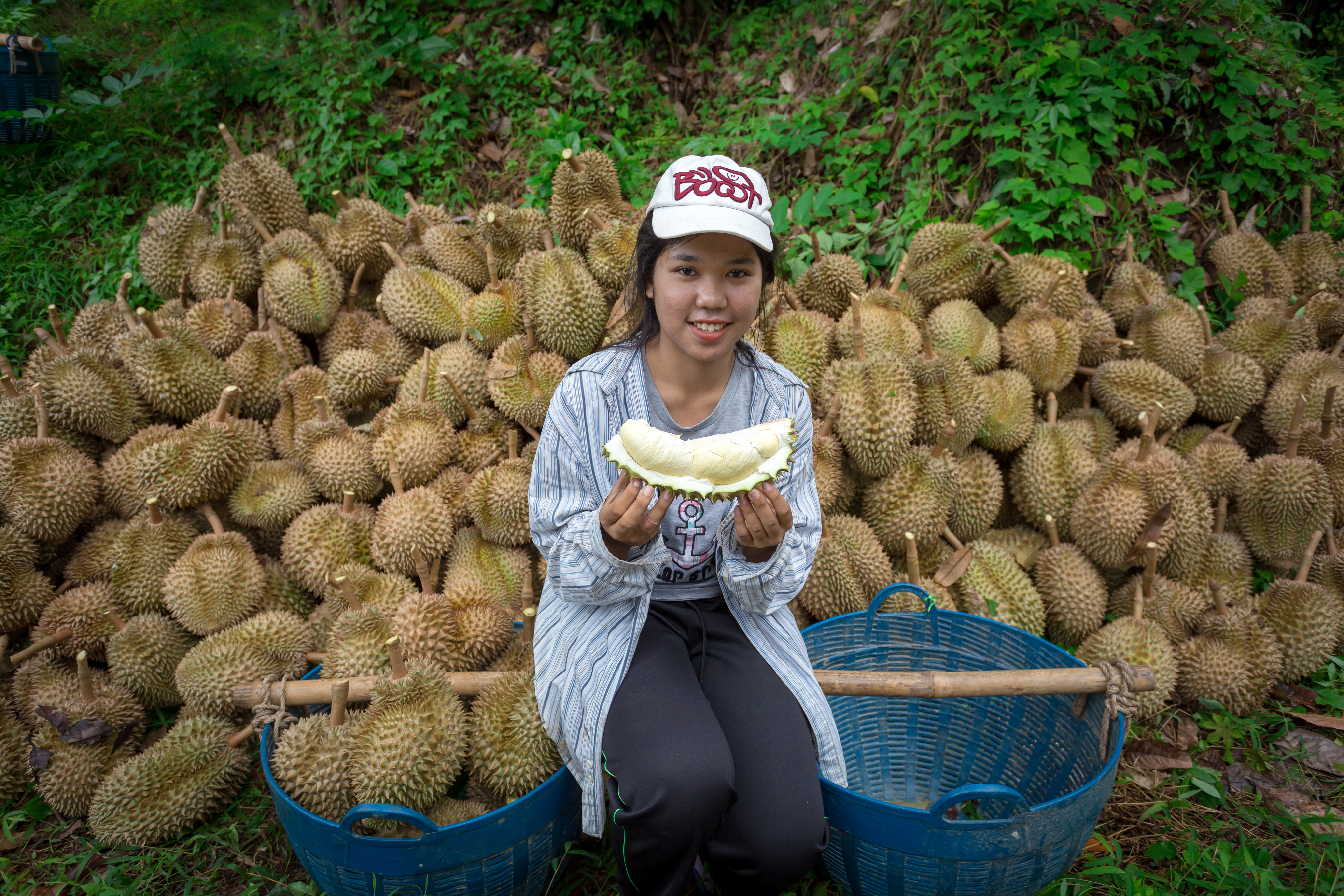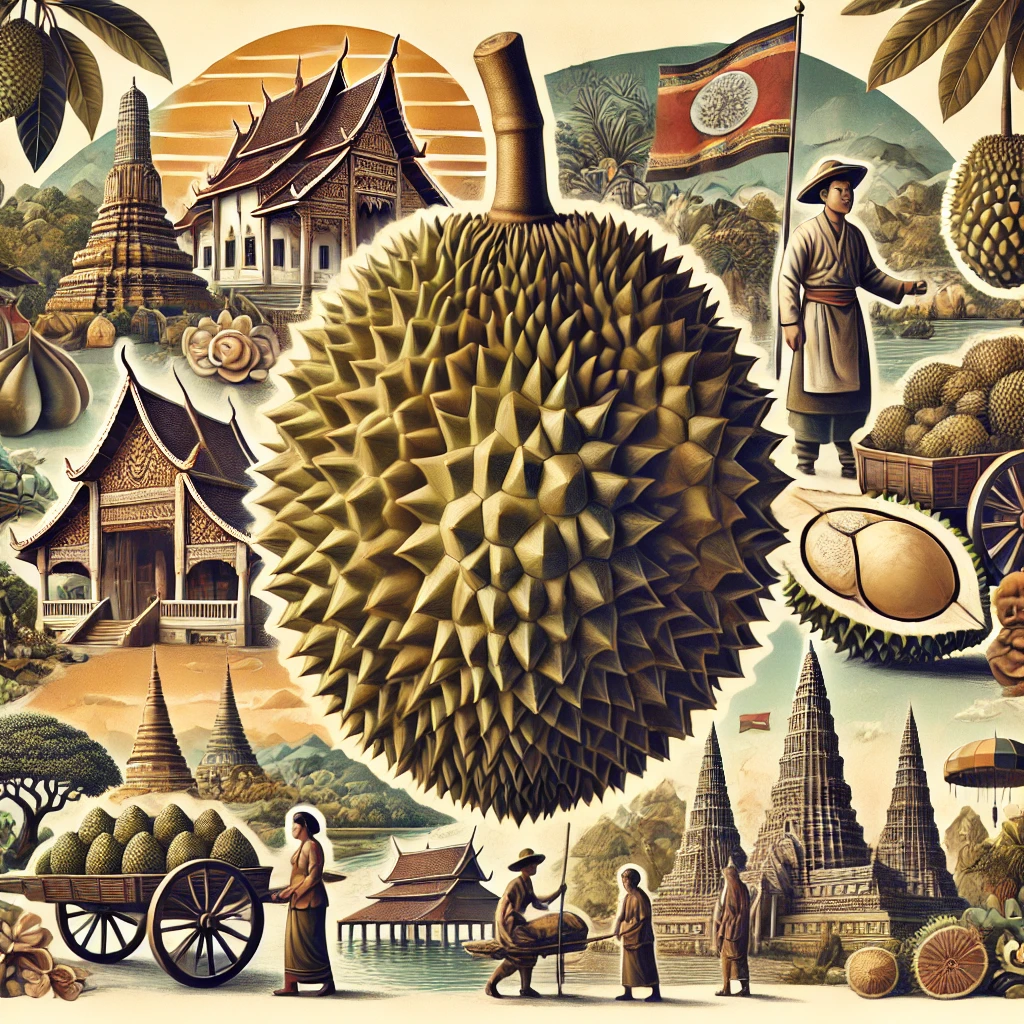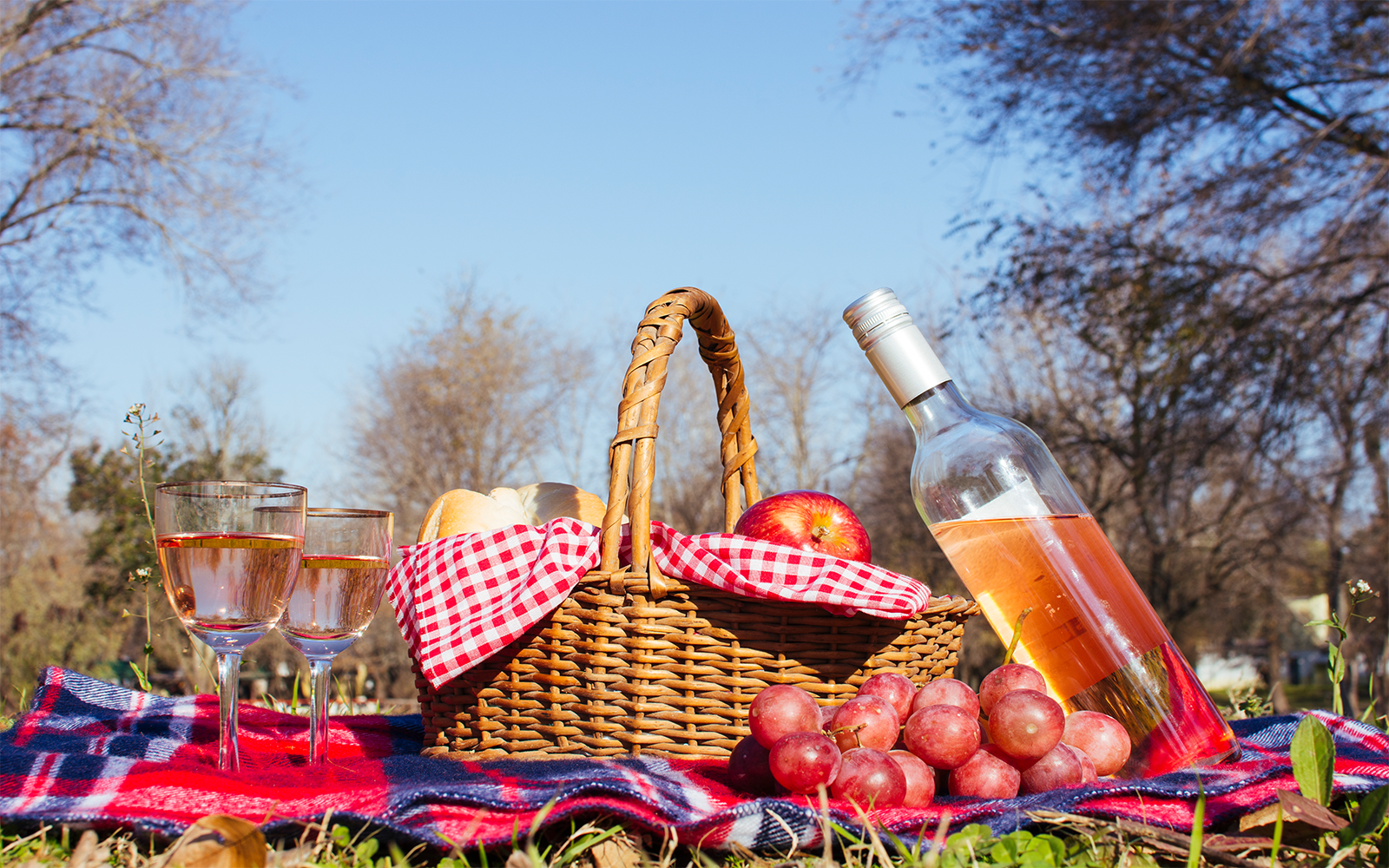
Choosing a “king of fruits” isn’t easy. With so many delicious options—from the juicy sweetness of strawberries to the crisp bite of apples—it’s hard to pick just one. But when you consider factors like aroma, flavor, cultural importance, and even economic value, one fruit stands out: durian. With its spiky shell, unmistakable smell, and rich, creamy flesh, durian is truly in a class of its own.

A Cultural Icon
In Southeast Asia, durian is more than just a fruit—it’s a symbol of pride and heritage. Countries like Malaysia, Thailand, and Indonesia celebrate durian with annual festivals that draw crowds of locals and tourists alike. It’s more than just an agricultural product here; it’s a cultural icon, often featured in traditional ceremonies and festivities.
Historically, durian was reserved for royalty and the elite, and this prestige continues today with certain varieties, like Malaysia’s Musang King, fetching high prices both locally and abroad. In China, for instance, the demand for premium durian is soaring, further cementing its royal status.

Culinary Adventures
Durian’s unique flavor—a blend of sweet, savory, and a hint of bitterness—makes it a versatile star in both traditional and modern cuisine. In Thailand, a popular treat is durian with sticky rice and coconut milk, a dessert that perfectly balances the fruit’s richness with the mild sweetness of rice. In Myanmar, you’ll find durian cakes and durian taku cake, while in Singapore, durian puffs and pastries are beloved snacks.
Of course, durian is delicious on its own, whether eaten raw or grilled. Its creamy texture and intense flavor make it a standout ingredient, earning it a special place in the culinary world.
 Durian’s Economic Power: A Billion-Dollar Industry
Durian’s Economic Power: A Billion-Dollar Industry
Durian isn’t just a cultural icon; it’s a major economic driver in Southeast Asia. The global market for durian is worth billions, with Thailand and Malaysia leading as the top producers and exporters. As durian’s popularity grows in places like China, the demand for premium varieties keeps rising, boosting the economies of these producing countries.
But the durian industry isn’t without challenges. Climate change affects crop yields, and cultivating high-quality durians can be expensive. Still, durian remains a lucrative commodity with significant economic importance in the region.
Durian’s Nutritional Profile
Durian is packed with nutrients like vitamins C and B6, potassium, and dietary fiber. It also contains powerful antioxidants that help fight free radicals in the body. However, durian is also high in calories and fat, so it’s best enjoyed in moderation, especially for those with health conditions like diabetes or high cholesterol.
In traditional medicine, durian is believed to have warming properties, which can be beneficial for some but might cause issues like increased body heat or fever if eaten in excess. This duality adds to durian’s complex nature, making it both revered and treated with caution.

The Durian Dilemma
Durian is perhaps most famous (or infamous) for its strong smell, often described by detractors as a mix of rotten onions, turpentine, and raw sewage. This powerful aroma has led to durian being banned in many public places, including hotels and public transportation across Southeast Asia. Yet, for those who love durian, the smell is part of its charm, hinting at the rich and complex taste that awaits.
This polarizing nature—where some adore it and others can’t stand it—only adds to durian’s mystique, solidifying its status as the king of fruits.
As Asian communities grow in Western countries, so too does the presence of durian in international markets. Once a rarity, durian can now be found in specialty stores and restaurants in cities like New York, London, and Sydney. Despite its controversial smell, durian is winning over more people worldwide, introducing them to its unique taste and cultural significance.
Durian’s title as the “king of fruits” is well-deserved—not just for its bold flavor and distinctive aroma, but for the way it captures the essence of Southeast Asia. It represents the region’s rich cultural heritage, economic resilience, and the ability to inspire both love and controversy. Whether you’re a fan or not, durian’s impact is undeniable, and its legacy as the king of fruits is set to last for generations to come.




Comments